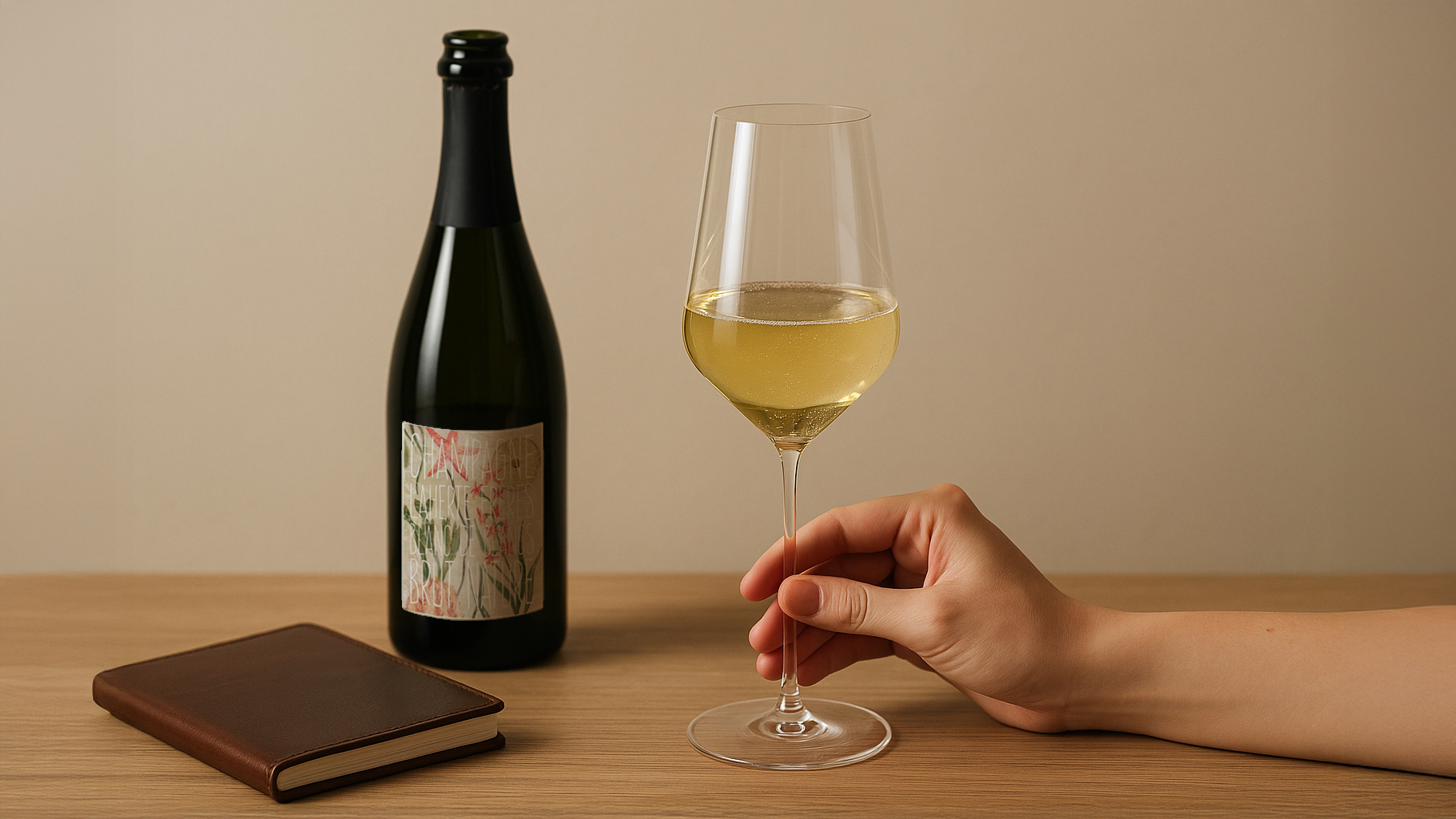

What Your Palate Knows That You Don’t (Yet)
Most of the progress you make as a taster happens quietly. One day, you realize you can sense balance before you name it, or tell quality without overanalyzing. That’s your palate working ahead of your brain — building intuition through experience. This issue helps you see how far you’ve come and why your instincts now deserve more trust than doubt.
What you’ll learn today
- How your palate learns faster than your conscious mind
- Simple ways to notice and measure hidden progress
- A mindset shift that strengthens your tasting intuition over time
1. The quiet progress you’ve been making
You probably don’t notice it, but your palate is already miles ahead of where it used to be.
The more you’ve tasted this year — especially side by side — the more you’ve trained your senses to recognize patterns automatically. You no longer have to think through every detail. You just know when a wine feels balanced or when something’s off.
That instinct isn’t luck. It’s taste intuition — your brain quietly connecting dots between hundreds of sensory experiences. The trick is learning to notice that it’s happening. Once you do, you start trusting your palate instead of second-guessing it.
2. What “taste intuition” actually is
Taste intuition is when your senses recognize quality or typicity before you can explain why.
At first, all wines blur together. Over time, your palate starts building shortcuts: acidity cues freshness, texture hints at oak, balance signals craftsmanship. You might not be able to name every aroma, but you can feel harmony and tension — and that matters more than vocabulary.
You’ve been training this skill without realizing it. Every time you taste two wines side by side and ask, “Why does this one feel better?”, you’re sharpening pattern recognition. That subconscious process is the foundation of expert tasting.
3. The role of metacognition
Metacognition means “thinking about your own thinking.”
In wine, it’s paying attention to how you taste — not just what you taste. You might notice you pause longer before calling a flavor, or that your first impression is often right. You might catch yourself predicting a region before seeing the label.
Those small signs show awareness. They mean you’re no longer just reacting to wine; you’re observing your mind as it works. That’s how tasters move from information to intuition — from knowing about wine to truly understanding it.
4. How to spot your own progress
Here are four ways to tell your palate has leveled up:
- You describe wines more clearly, with fewer words.
- You make faster, more confident judgments.
- You rely less on tasting notes and more on sensory memory.
- You can tell when something is “off” even if you can’t name why.
Try this quick reflection: write down three sensations you can identify now that used to confuse you — like balance, texture, or minerality. That’s your palate showing its growth.
5. Keep building your intuition
To keep strengthening taste intuition, focus on comparative tasting. It’s still the fastest way to train your instincts.
Pick two wines from the same region and pour them side by side. Don’t analyze yet — just notice which feels more alive, balanced, or compelling. Then, only after that first impression, look at the labels and see if you can connect feeling to fact.
That’s metacognition in action: noticing how you know what you know.
Reflect & Refine
Your palate already understands more than you think. The real work now is catching up to it — noticing your instincts, trusting your senses, and letting experience become intuition.
Ask yourself:
What patterns or sensations do you recognize now that you couldn’t a year ago?

